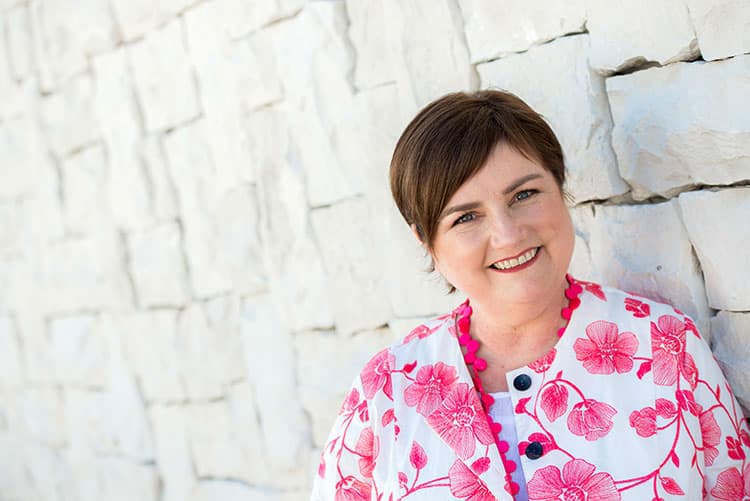Time to start maximising every minute of your workday – here’s how

Imagine if time were a currency. That every minute had a dollar value. A cup of coffee could cost three minutes, and buying a house could cost you 30 years. Now would you think differently about how you spent that time?
Currently, the majority of us accept meeting requests and fill our calendars without thinking about how much time we are giving, to whom and when. We prioritise, plan, create to-do lists and tick off goals.
Yet, despite all of this, if I were to ask you, ‘How’s work?’, your response likely would be, ‘Busy!’ And along with busy, you would be feeling tired. (They usually go hand in hand.)
We need to think differently about how we manage our time, the same way we are encouraged to manage our money or budgets.
When we are truly managing our time, we are thinking about it as a valuable resource that we want to get the best return on. Like money, once time is gone, we are unable to get it back. And, unlike money, we can’t save it or store it, so we have to make the best use of every minute of the day.
Here’s how.
Work out the worth
First, answer the following questions honestly:
- Is there a time of day when you feel the most alert and energetic?
- Is there a time of day when you feel foggy and tired?
- Which of these two times, therefore, would you consider the most valuable?
If you consider your alert and energetic time to be twice as valuable as your foggy and tired time, doesn’t it stand to reason that you would be more discerning about what and who you give that time to?
Now that time of day (usually the morning) when you’re feeling good becomes a valuable resource that deserves a return on investment.
So if a task has a high impact or return, it should be prioritised for this time of day, over something that has low impact. Too often, we spend a lot of time at the start of our day, when we’re at our best, doing things that are of low importance or have little impact on progress. (Sound familiar?)
Think small, act big
For most people, there are just two or three things that can be done in a day that will have the biggest impact on productivity and results.
The Pareto Principle, for example, explains that 20 per cent of activity will give us 80 per cent of results. This concept originated from Italian economist Vilfredo Pareto
when he noticed that 80 per cent of the country’s land was owned by just 20 per cent of the population. This led Pareto to examine this imbalance further and how it related to other areas, including how time, effort and energy is spent.
There are hundreds of things that will happen throughout the day, but it’s only two or three high-impact tasks we should spend valuable time on – and we should get those done first!
If you design your day like this, when someone asks you, ‘How’s work?’, you’ll be able to answer either ‘productive’ or ‘unproductive’ instead of the usual ‘busy’, ‘frantic’ or
‘stressful’.
Just try it and see.
Have you read?
# Top CEOs And Business Leaders On Twitter: You Should Be Following.
# Must Read Books Recommended By Billionaires.
# The World’s Top 20 Most Charitable Billionaires.
# Richest Families In The World, 2018.
Bring the best of the CEOWORLD magazine's global journalism to audiences in the United States and around the world. - Add CEOWORLD magazine to your Google News feed.
Follow CEOWORLD magazine headlines on: Google News, LinkedIn, Twitter, and Facebook.
Copyright 2025 The CEOWORLD magazine. All rights reserved. This material (and any extract from it) must not be copied, redistributed or placed on any website, without CEOWORLD magazine' prior written consent. For media queries, please contact: info@ceoworld.biz











